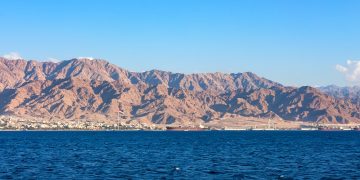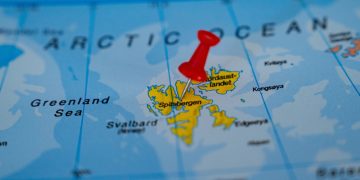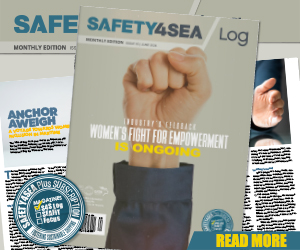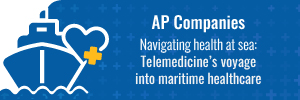EMSA advice on chemicals in the event of a maritime emergency
In close cooperation with the European Chemical Industry Council (Cefic) and the Centre of Documentation, Research and Experimentation on Accidental Water Pollution (Cedre), EMSA created the MAR-ICE Network in 2008. The idea behind the Network is to provide information and expert advice on chemicals involved in maritime emergencies. The service is available to national administrations 24/7 via a dedicated contact point. MAR-ICE offers remote product and incident-specific informationand advice within 1 hour of the request and more detailedinformation shortly thereafter. Information provided within 1 hour- Safety data sheets- Marine chemical information sheets (MAR-CIS data sheets)- Relevant data from international codes & regulations Information provided shortly thereafter on a case-by-case basis- Additional information on product properties from a knowlegeable chemical company (if necessary) For cargoes spilled at sea- 2D or 3D drift and weathering models, indicating areas potentially impacted by the pollution- Estimation of the mass balance of the chemical spilled according to time elapsed For containers- Assessment of the behaviour of a container lost at sea- Advice on methods to locate and recover the containers For cargoes on board disabled vessels- Risk assessment for responders and the environment- Advice on response methods and options. Learn more information by reading EMSA_MAR-ICE 2015.pdf Source: EMSA In ...
Read more



































































